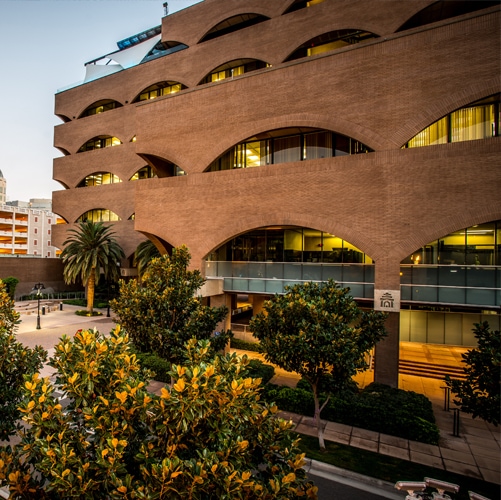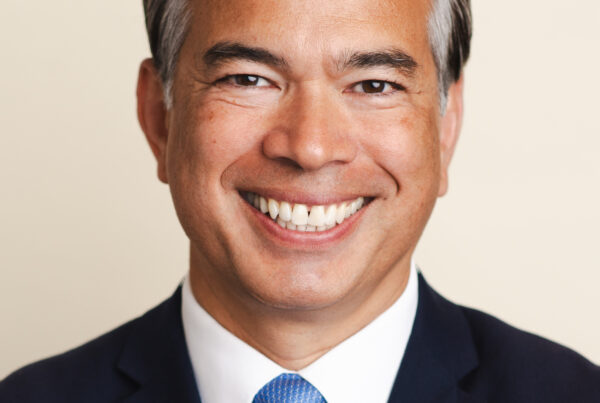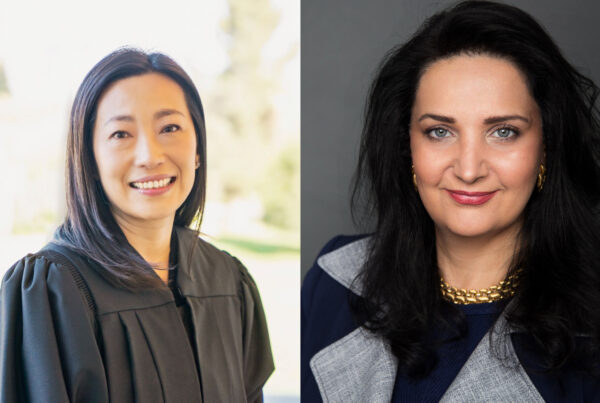Riverside will lose 3.5% of its annual budget after a Riverside judge found that a voter-approved measure to transfer $40 million of revenue from the city’s electric rates to city services each year was not decided at the appropriate election.
Riverside had been transferring 11.5% of revenue from the city’s electrical rates since 1968, according to a city attorney report. A 2018 lawsuit claimed the transfer was an unauthorized tax that needed to be approved by voters due to California tax law. A May 19 settlement from that lawsuit caused Measure C to be placed on the city’s Nov. 2 election.
A Sept. 9 lawsuit, filed by Riversiders Against Increased Taxes, challenged the measure before the election. Their lawsuit claimed the November election was a special election, not a general election. Due to California law decided by Proposition 218, tax measures can only be voted on in general elections, to maximize voter response.
The measure was approved with 55% of yes votes out of 29,558 responses, while the entire election had an 18% return rate.
Riverside Superior Judge Harold Hopp agreed with Riversiders Against Increased Taxes April 26.
“Court finds that the election was a special one, not a general one, and that this did not comply with the requirements of Proposition 218,” Hopp wrote in his minute order.
Riversiders Against Increased Taxes representative Sharon Mateja provided a statement through her attorney, Chad Morgan.
“Hopefully our City Council will now see the obvious error of their ways in even defending against our complaint with taxpayer resources, and forgo throwing good money after bad by deciding not to appeal this decision. We also demand accountability as to our highly paid staff, who unwisely and unjustly decided to try to fix an illegal electricity tax by holding an illegal election.” Metaja wrote.
Riverside spokesman Phil Pitchord said Riverside had Hopp’s order, and would be deciding what to do next.
“The City will be evaluating the Court’s decision, upon receipt, evaluating its options, and seeking further direction from the Mayor and City Council at the appropriate time,” Pitchford wrote.
Public safety or bloat, general or special?
The $40 million was used for firefighters, paramedics, libraries, parks, teen programs, and anti-human trafficking and anti-drug programs, according to the argument in favor of the measure.
The measure’s opponents argued that the measure would go to bloated salaries and pensions, and that the city spent $60 million in new revenue per year from a 2016 sales tax to city employee salaries.
Riverside City Council called for the election, calling it a special election on their agenda, at their Aug. 3 meeting.
Riverside’s notice for the election calls it a special municipal election, which RAIT used as evidence in their motion. The Riverside City Charter identifies general elections as being on June 8 and, starting in 2022, the same day as the statewide election, which RAIT also used as evidence.
RAIT had argued that the city could be harmed through a mess of legal actions if the settlement to the Parada case was resolved with a ballot measure that could be found unconstitutional.
Riverside had argued the Nov. 2 election was a general election, which typically would be held for runoffs for councilmember seats, and that RAIT was focusing on semantic titles over substantive constitutionality.
The city had referenced Elections Code Section 1000 and 1301, which said general elections can be held on certain days, one of which was the first Tuesday after the first Monday in November, which Nov. 2 was.
“A regularly scheduled election is a general election—period,” they had claimed.
The city had argued that under RAIT’s logic, the city could call its June councilmember election “primary” and its November runoff election “citywide” to avoid ever placing tax measures on its ballots.
Parties
Chad Morgan of the Law Office of Chad Morgan represents RAIT.
City Attorney Phaedra Norton, Assistant City Attorney Susan Wilson and Assistant City Attorney Neil Okazaki represent Riverside, City Clerk Donesia Gause and Riverside County Registrar of Voters Rebecca Spencer.
Riverside Superior Judge Harold Hopp presides.
Case number CVRI2104120.
Read RAIT’s petition for writ of mandate here.
Read the motion for summary judgment here.








